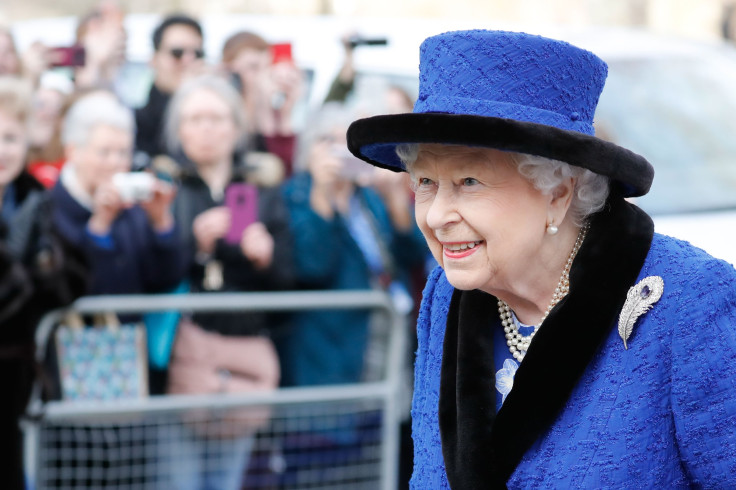How Queen Elizabeth Really Feels About Princess Diana And Camilla Parker Bowles

She may be accepting of his marriage now, but Queen Elizabeth reportedly wasn’t always fond of Prince Charles’ wife Camilla Parker Bowles.
In the 2018 book “Rebel Prince: The Power, Passion and Defiance of Prince Charles,” biographer Tom Bower noted that Queen Elizabeth II disapproved of Prince Charles’ relationship with Camilla from the beginning, and her son “could not understand the Queen’s sympathy for Diana and her antagonism towards Camilla.”
In fact, he reportedly even confronted his mother one night in 1998 and asked her to soften her antagonistic feelings towards Camilla so that he could have a more open relationship with her, but Queen Elizabeth refused.
“So, exasperated by what he termed an intolerable situation, and egged on by Margaret, he approached his mother one night in her sitting room at Balmoral,” Bower wrote. “He asked that she soften her antagonism so he could live openly with Camilla. But on that evening she’d had several martinis, and to Charles’ surprise she replied forcefully: she would not condone his adultery, not forgive Camilla for not leaving Charles alone to allow his marriage to recover.”
“She vented her anger that he had lied about his relationship with what she called ‘that wicked woman’ and added ‘I want nothing to do with her,’” he added.
However, while the Queen’s relationship with Diana was also complicated, in a 2001 article, royal writer Ingrid Seward revealed that she saw more positivity with the Princess than she did Charles’ mistress, though she did become a problem later on.
“As much as anyone, Elizabeth saw the good that Diana could do for the monarchy,” Seward wrote. “Yet as the Princess increasingly went her own way—for instance, when she gave a TV interview and questioned whether Charles had the moral character to be king—she became more and more of a liability.”
© Copyright IBTimes 2025. All rights reserved.





















